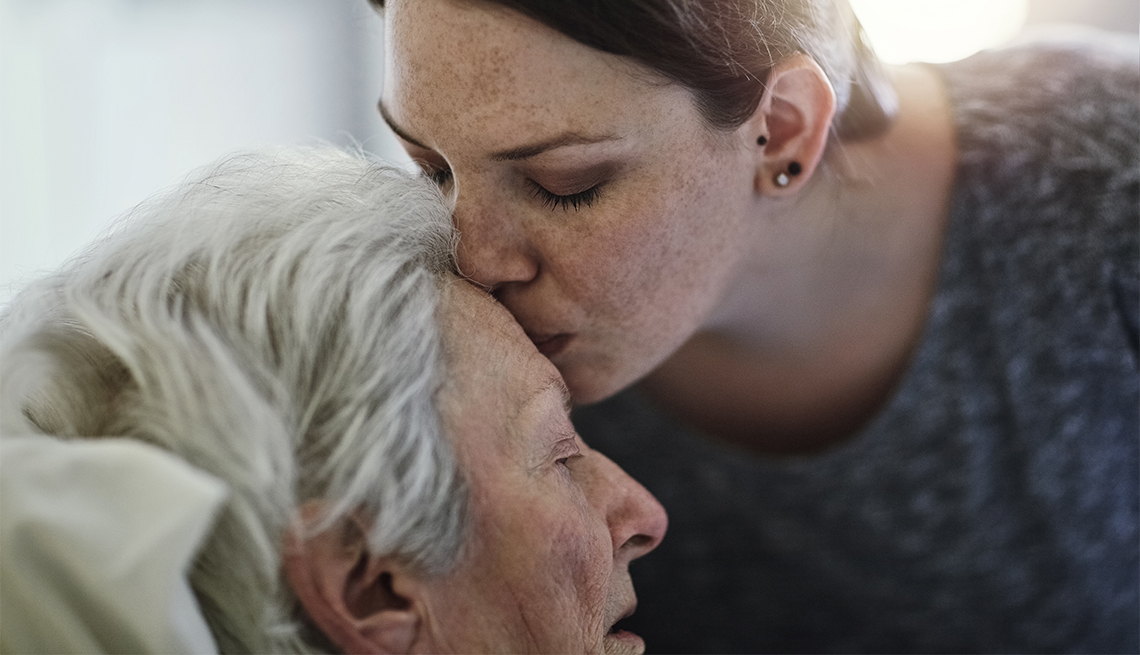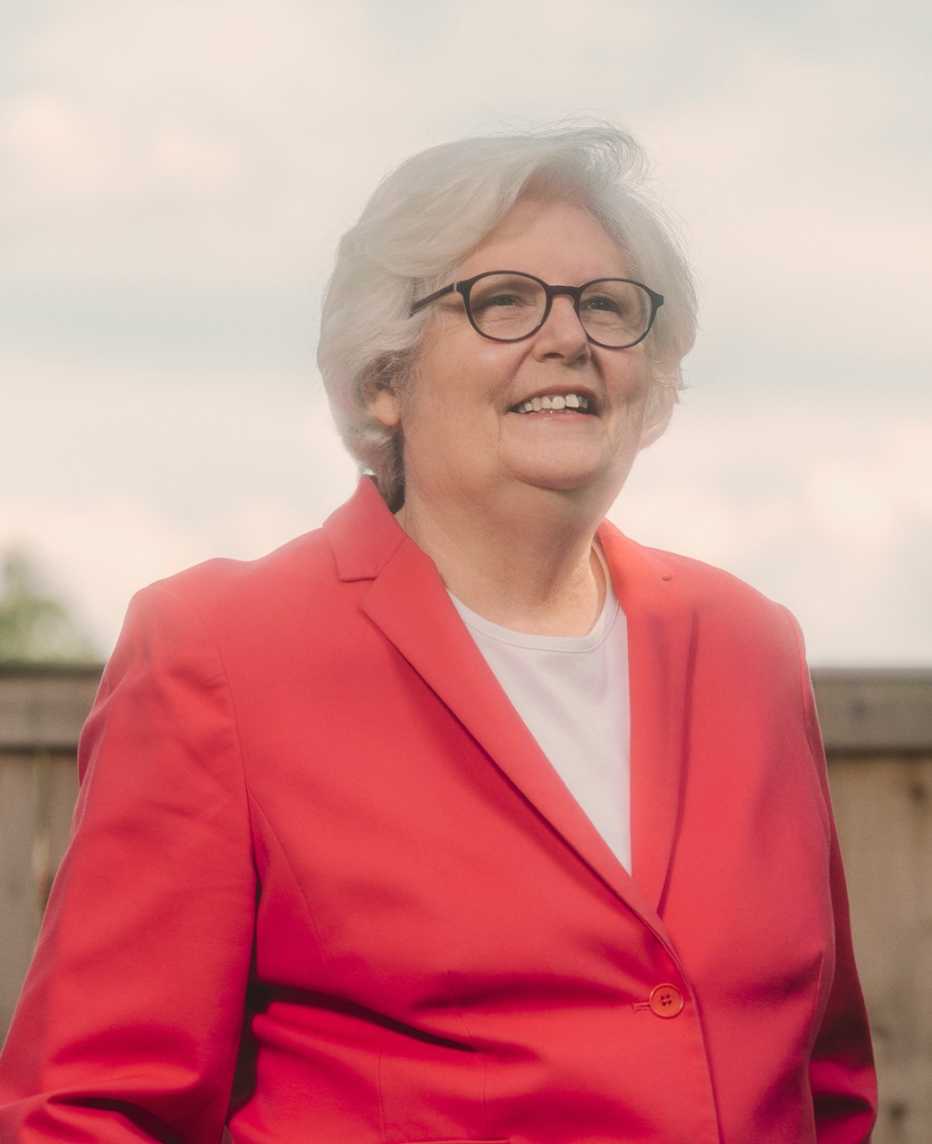Staying Fit
Finally, after many years, the word is starting to spread on Capitol Hill: Family caregivers need more support. Better yet, the message is reaching both sides of the aisle.
That's my big takeaway from a recent Facebook Live event, Caring for the Caregivers. I was privileged to participate in the discussion, which featured Sen. Joni Ernst (R-Iowa) and Rep. Linda Sanchez (D-California). Our moderator was Jean Chatzky, AARP's financial ambassador.


AARP Membership— $12 for your first year when you sign up for Automatic Renewal
Get instant access to members-only products and hundreds of discounts, a free second membership, and a subscription to AARP the Magazine.
The lawmakers recognize that families in every community and walk of life face caregiving challenges that may last for years. And they pointed out that financial sacrifice is one of these challenges. On average, America's 48 million family caregivers pay more than $7,200 a year out of their own pockets to help loved ones stay independent, AARP research shows.
That comes to 26 percent of a typical caregiver's income, a huge strain on the monthly budget. The financial burden is not shared evenly, however. Hispanic/Latino caregivers spend 47 percent of their income on caregiving on average, and African Americans spend 34 percent.
'Problems are not partisan'
Members of Congress are taking notice. To help ease the financial pressure, Ernst and Sanchez are among the sponsors of the Credit for Caring Act, which would give caregivers a nonrefundable tax credit of up to $5,000 for costs they incur in their valuable work.
"We are very excited about the opportunity for bipartisanship this has created,” Ernst said, adding that she hoped the legislation would get “across the finish line” this year. “We think it is very important to get this legislation done,” she said.
Sanchez agreed. “Problems are not partisan,” she said. “We have to think about solutions.” Sanchez knows firsthand about the realities of caregiving, a commitment she has shared with six of her siblings. “When my father got Alzheimer's, we all took on part of that caregiving burden,” she recalled.
Such efforts have traditionally been viewed as a private, family matter. But I believe that America's struggle with COVID-19 has raised awareness of the critical role played by family caregivers.




































































